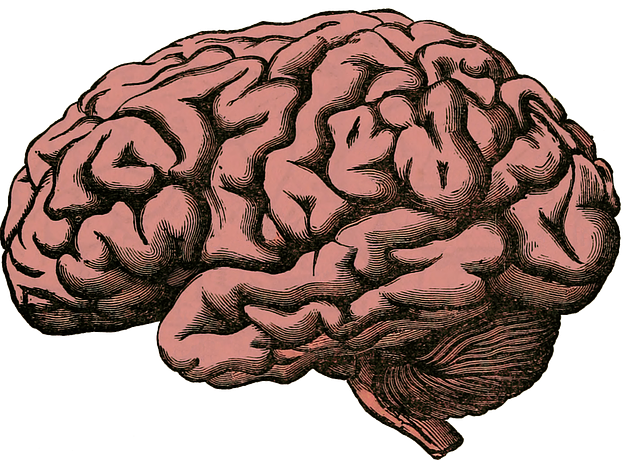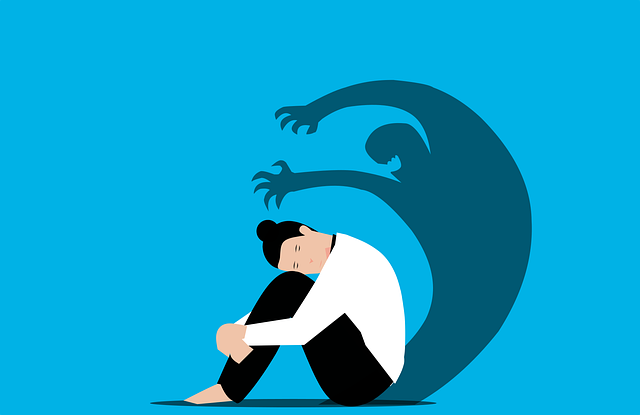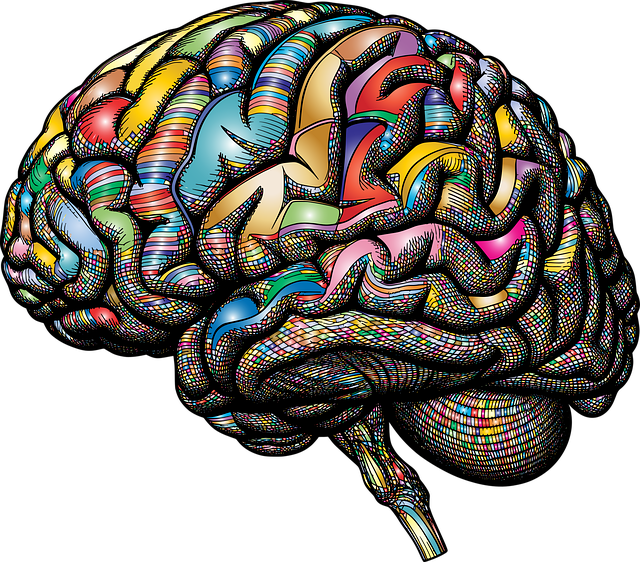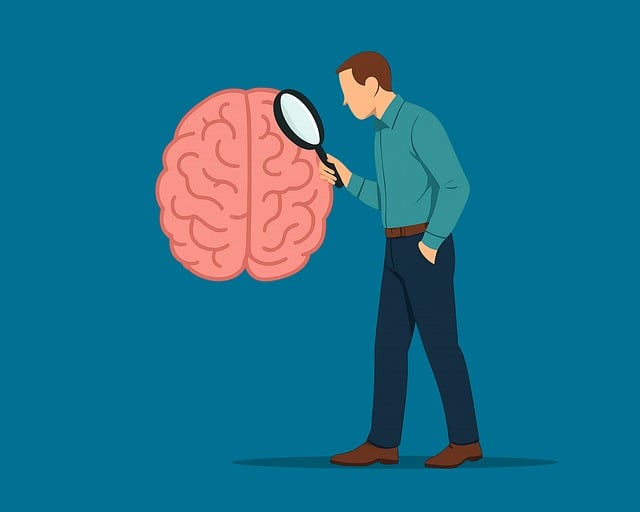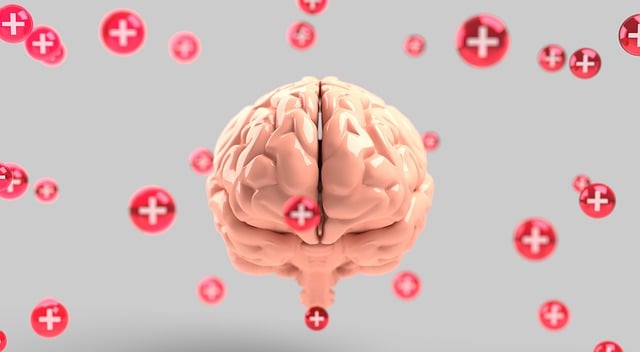The media plays a pivotal role in shaping societal attitudes towards mental illness, often perpetuating stereotypes or oversimplifying complex conditions. By focusing on specific therapies like Dialectical Behavioral Therapy (DBT), which is effective for borderline personality disorder, the media can offer more nuanced portrayals of mental health issues, especially among older adults. Real-life stories featured in media can challenge misconceptions, foster empathy, and promote mental health awareness, ultimately leading to better trauma support services tailored to elders' unique needs. Integrating DBT principles into healthcare provider training can also improve cultural competency, ensuring professionals are equipped to support diverse elderly patients with mental illness.
In today’s media landscape, the representation of mental illness is more important than ever. This article delves into the current state of mental health portrayal in media, highlighting both its shortcomings and its potential as a powerful tool for education and empathy. We explore how Dialectical Behavioral Therapy (DBT), specifically tailored to support elders, offers a transformative solution. By integrating evidence-based practices like DBT, media can foster more accurate and empathetic narratives, challenging societal stigma and promoting mental well-being.
- Understanding the Current State: Mental Illness Portrayal in Media
- Integrating Dialectical Behavioral Therapy (DBT) as a Solution
- Strategies for Effective and Empathetic Representation in Media
Understanding the Current State: Mental Illness Portrayal in Media

The media plays a significant role in shaping societal perceptions about mental illness. Currently, representation in films, television shows, and news outlets often perpetuates stereotypes or fails to accurately portray the complexity of these conditions. This can lead to increased stigma and misunderstandings among the general public. For example, older adults with mental health issues are rarely seen, and when they are, their struggles are often reduced to simplistic narratives without exploring the nuances of their experiences. Mental illness is diverse, affecting individuals differently based on age, culture, and socioeconomic factors.
Dialing in on specific disorders, like those treated through Dialectical Behavioral Therapy (DBT), can offer a more nuanced view. DBT, effective for conditions such as borderline personality disorder, emphasizes mindfulness meditation and mood management skills to help individuals regulate emotions. Portrayals of therapy, especially when featuring older adults, can challenge misconceptions and foster empathy by showcasing the positive impact of treatment. By incorporating real-life stories and expert insights, media platforms have an opportunity to contribute to trauma support services and promote mental health awareness, ensuring a more accurate and compassionate representation of those living with these challenges.
Integrating Dialectical Behavioral Therapy (DBT) as a Solution

Dialectical Behavioral Therapy (DBT) offers a promising solution to improve mental health representation in media and challenge stereotypes surrounding psychological disorders. This therapy, originally designed for individuals with borderline personality disorder, focuses on teaching skills to help people regulate emotions, tolerate distress, enhance mindfulness, and improve interpersonal effectiveness. By integrating DBT into media narratives, we can present more nuanced and accurate portrayals of mental illness, particularly among older adults who often face unique challenges in accessing and understanding therapy services.
DBT’s potential impact extends beyond individual stories; it can drive the development of public awareness campaigns that promote depression prevention and encourage open conversations about mental health. Moreover, healthcare provider cultural competency training can be enhanced by incorporating DBT principles to ensure professionals are equipped to offer effective support to a diverse range of patients, including older individuals struggling with mental illness. This holistic approach can foster an environment where everyone receives the appropriate therapy for their needs.
Strategies for Effective and Empathetic Representation in Media

Media plays a powerful role in shaping societal perceptions about mental health, especially when it comes to sensitive topics like elder care and specific disorders. To foster a more empathetic understanding, media creators should adopt strategies that ensure accurate and nuanced representation of mental illness. One effective approach is incorporating real-life experiences into storylines, allowing audiences to connect with characters on a deeper level. This can include showcasing the journey of individuals who have successfully managed their conditions through therapeutic practices like Dialectical Behavioral Therapy (DBT). By highlighting the effectiveness of DBT in treating specific disorders and promoting self-awareness exercises, media can educate viewers about manageable coping mechanisms, thereby reducing stigma.
Additionally, media has the potential to challenge stereotypes by presenting diverse characters with varying mental health backgrounds. Depicting elders receiving therapy for their struggles is a significant step towards normalizing mental healthcare within this demographic. Through these representations, media can encourage open conversations and promote self-care initiatives, such as stress management techniques, enabling viewers to recognize and develop inner strength amidst challenges.
Mental illness representation in media has come a long way, but there’s still work to be done. By integrating evidence-based practices like Dialectical Behavioral Therapy (DBT), we can foster more accurate and empathetic portrayals. This approach, specifically tailored for older adults, offers a promising solution to the challenges faced. Through adopting strategies that promote understanding and reduce stigma, media can play a pivotal role in shaping public perception, ensuring a more supportive and inclusive society for those living with mental health conditions.




